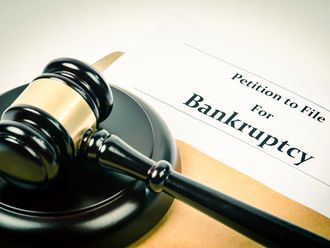Today, the South African economy is two-thirds larger than it was in 1994, when Nelson Mandela took office as the country's first democratically-elected president. With this growth has come strong new demand for electricity. Millions of previously marginalised South Africans are now on the grid. Unfortunately, as in other major emerging economies, supply has not kept pace.
Reserve margins are increasingly tight — too tight for an energy-intensive economy such as South Africa's, whose mines and factories rely on steady supplies of competitively priced power. South Africa has weathered the global downturn better than many richer countries.
To sustain the growth rates we need to create jobs, we have no choice but to build new generating capacity relying on what, for now, remains our most abundant and affordable energy source: coal.
Funding
Because this is not the most auspicious time for our energy utility, Eskom, to be looking to finance a $50 billion (Dh183 billion) capital programme, we are approaching sources of funding we have hitherto left untapped, including the World Bank, the African Development Bank and the European Investment Bank. But our application for a $3.75 billion World Bank loan faces stiff opposition. A strong body of opinion holds that multilateral development banks should be discouraged from funding coal-burning power projects with carbon dioxide emissions that contribute to climate change. We share this concern but, after careful consideration, have concluded that the course we have chosen is the only responsible way forward. The bulk of the loan, or just over $3 billion, will go toward the construction of a 4,800-megawatt power station at Medupi in South Africa's Limpopo province. This plant, the first of its kind in Africa, will use some of the most efficient, lowest-emission coal-fired technology available. The rest of the loan, $745 million, will be invested in wind and concentrated solar power projects.
If there were any other way to meet our power needs as quickly or as affordable as our present circumstances demand, or on the required scale, we would obviously prefer technologies — wind, solar, hydropower, nuclear — that leave little or no carbon footprint. But we do not have that luxury if we are to meet our obligations both to our own people and to our broader region whose economic prospects are closely tied to our own.
The writer is South Africa's finance minister.
— Washington Post/Bloomberg












